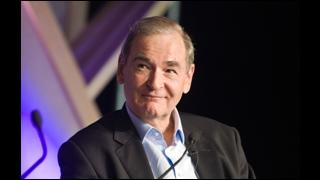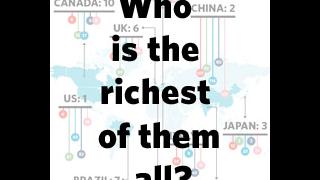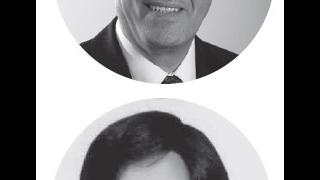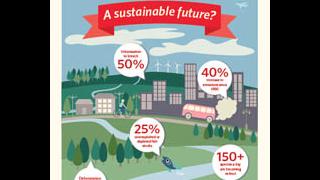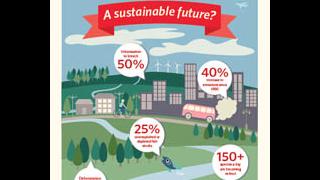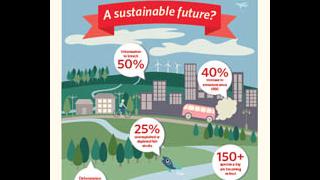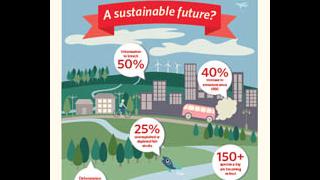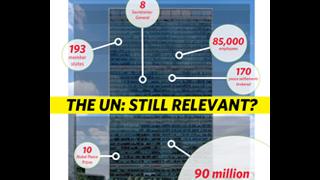
Once considered inexhaustible, our global fish stocks are now in a state of crisis, as more and more or the world’s population compete for fewer and fewer fish. According to the World Wide Fund for Nature, more than 70% of the world’s commercial marine fish stocks are either fully exploited or overfished whilst as many as 90% of all the ocean’s large fish have been fished out. Over one billion people now rely on seafood as their primary source of protein. As the world begins to shape the green economies of the future, it is vital that the equally important ‘blue economy’ is not overlooked.
The demands placed on the oceans today will have a significant impact on future generations: (in)action over the next few years will determine global food security for many in the developing world. Barely one percent of the world’s oceans are currently protected and the majority of global fish stocks are under pressure. Despite the use of ocean space and resources as an essential component of economic growth and prosperity the world over, fish stocks and habitats have been badly managed and not allowed to regenerate. Blueprint for Ocean and Coastal Sustainability, the inter-agency UN reportpublished in preparation for the Rio+20 conference in June 2012, calls for action which “will be critical to the welfare of future generations, in supporting poverty reduction, economic growth and environmental improvement”.
Recently in the UK, much has been made of consuming more sustainable seafood. There is growing popular awareness in support of reducing wastage, eliminating quotas, avoiding target species and supporting ethical fisheries. Many large supermarkets and seafood suppliers have committed to supplying only sustainable seafood. Whilst this is a positive step forward domestically, attitudes to ethical fishing internationally are still some way behind. The UN and its agencies will be crucial in driving this change forward.
As marine catering managers, Garrets International supply provisions to over 800 vessels worldwide, and ensure that over 17,000 seafarers are well-fed year-round. With a global span and insight into the maritime industry, we are acutely aware of the many obstacles in supplying sustainable seafood. Aside from limited availability, it is difficult to guarantee method and location of catch, and certified sustainable seafood is often subject to very high prices.
In lieu of any current global leadership on this issue, Garrets have taken the initiative and changed company policy to encourage responsible fishing by supplying sustainable alternatives for Cod, Salmon, Tuna, and canned seafood in mainland Europe. Later this year we hope to expand this policy into the Middle East and Far East. Our pledge to supply sustainable seafood is part of our mission to supply our vessels with not only healthy provisions, but also those that are ethically sourced, such as free-range chicken and eggs. In light of Rio+20, companies should consider what measures they can implement to improve sustainable development and economic growth.
Sam Willingale has a degree in history from the University of Southampton and is a Purchaser for Garrets International, a marine catering management company.



